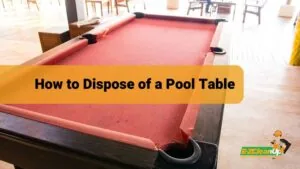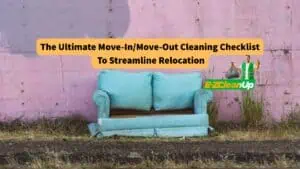The 10-10-10 decluttering challenge involves selecting 10 areas in your home, removing 10 items from each, and spending only 10 minutes per session. This structured approach simplifies decluttering. It ensures progress is manageable and the process is less overwhelming.
Wanna know more about what is the 10 10 10 decluttering challenge? Read our guide below.
Understanding the Basics of the 10 10 10 Decluttering Challenge
The 10-10-10 decluttering challenge offers a simple and quick way to handle clutter by breaking it down into small, manageable steps.
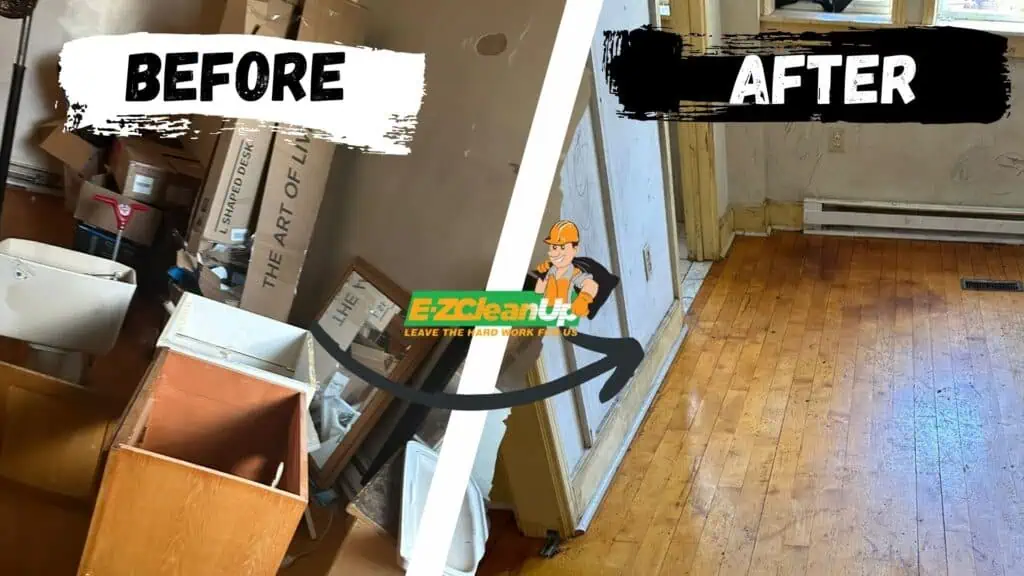
Pick 10 Areas or Categories at Home to Clean Up
This challenge suggests picking ten specific spots in your house, whether that’s something small like a drawer or something big like an entire room. Focus on areas you use a lot or that add a lot to your clutter. Cleaning specific spots helps you see results right away, which can make the whole process feel easier.
Aim to Remove 10 Things from Each Chosen Spot
In every area you’ve picked, try to take out ten things you don’t need anymore. This might be old magazines, kitchen utensils you hardly use, or clothes that don’t fit. Getting rid of these items can make you feel like you’re really getting somewhere.
Aside from clearing space, this step also makes you think more about what items you really want to keep around.
Spend 10 Minutes Cleaning Up Each Time
Limit your cleaning sessions to 10 minutes each. This short time frame helps keep the job from seeming too big and keeps your energy up. Ten minutes is enough to make a dent, but not so long that you lose focus or get tired.
Using a timer can help you stay on task and avoid wearing yourself out. This makes it easier to keep going with the challenge over several days. By dividing the decluttering job into these simple, doable steps, the 10-10-10 challenge changes how you organize and care for your home.
Practical Steps to Start the 10 10 10 Decluttering Challenge
Here’s a detailed step-by-step guide on how to execute this challenge effectively:
- Choosing Your 10 Spaces: Start by picking 10 specific spots in your home that need tidying up. Focus on places that you use often or that add to the clutter you see and deal with every day.
- Get Ready to Declutter: Before you begin, make sure each area is prepped for cleaning. This might mean doing a quick tidy-up to see everything clearly. Keep trash bags or boxes close by to hold items you want to throw away, give away, or sell.
- Use a Timer: Set a timer for 10 minutes as you work on each area. You can use your phone or a kitchen timer.
- What to Keep and What to Let Go: When deciding what stays and what goes, think about:
- Usage: Have you used this in the past year?
- Functionality: Does it work well? Is it undamaged?
- Sentimentality: Does this item mean a lot to you emotionally?
- Redundancy: Do you have more than one of these?
- Decide and Organize: As you sort things, make quick decisions about whether to keep, toss, or move each item. Items you keep should have a specific place, while those you don’t can be thrown out or given away.
- Keep Moving: When your timer goes off, move to the next area, even if you’re not completely done with the current one. The goal is to make visible progress in each spot, not necessarily to finish it all at once.
- Review and Plan Ahead: Once you’ve worked through all 10 areas, look over what you’ve achieved and note any spots that might need more work later.
- Celebrate What You’ve Done: It’s important to acknowledge your hard work. Take a moment to enjoy the cleaner, more organized spaces you’ve created.
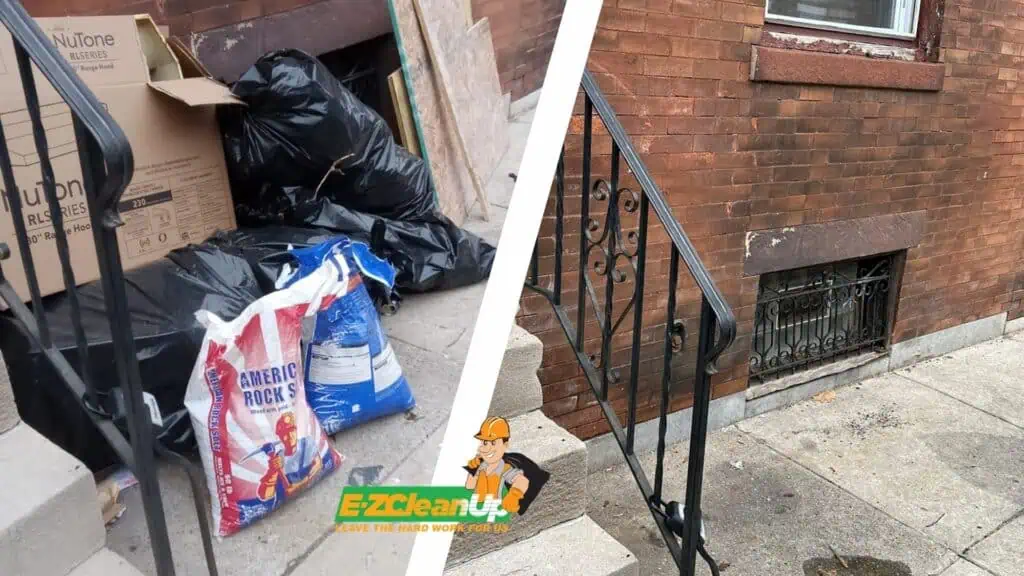
Daily Actions to Sustain Momentum
Sustaining momentum in a decluttering challenge can be as crucial as the initial sorting and clearing. Here’s how you can keep improving your space and your mindset every day.
Check In and Adjust Regularly
It’s important to regularly look at your progress. Every week, take a moment to see what you’ve done well and what could be better. Maybe you need to shift your focus to different items or spaces. Celebrating your wins keeps you motivated, and tweaking your plan helps you handle areas you might have missed.
Mix It Up by Changing Areas Daily
To make decluttering interesting, change which part of your home you clean each day. One day you might sort out the kitchen, and the next day, the living room. This variety stops you from getting bored and makes sure you don’t neglect any areas. It also helps you build a routine for keeping every place tidy.
Handle Discarded Items Right Away
When you decide to get rid of something, have a plan for immediately dealing with it. Set up boxes for items you want to donate, recycle, or throw away. For the things you keep, make sure they go right back to their proper place. This stops clutter from coming back and keeps your decluttering efforts effective.
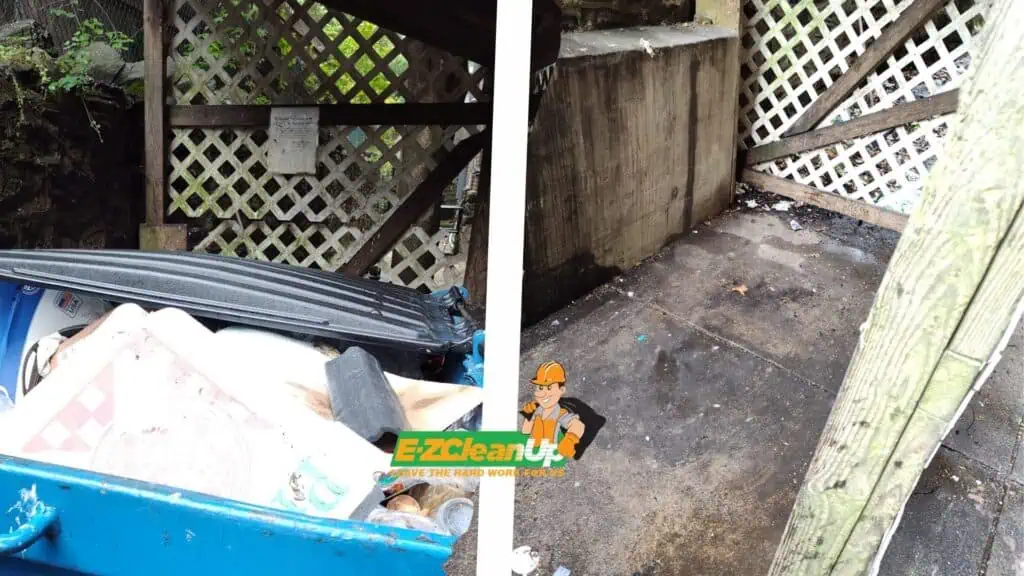
Overcoming Common Decluttering Challenges
Address Procrastination by Breaking Tasks into Smaller, Manageable Steps
Procrastination is often a big hurdle in decluttering because the task seems too big to start. Experts recommend tackling this by breaking down the decluttering into smaller, more manageable steps. This helps make the task seem less daunting and reduces the delay in getting started:
- Simplify the Task: Begin with a single drawer or a small section of a room. This smaller focus can make the task feel less overwhelming and give you a quick sense of achievement.
- Make Consistent Progress: Aim to clear out one shelf or sort a stack of papers each day. These small tasks add up, helping you make substantial progress over time.
- Track Your Progress Visually: Keep a visual tally of your achievements, such as a checklist or before-and-after photos. Seeing what you’ve accomplished can motivate you to continue.
- Adapt to Your Schedule: Fit decluttering into your schedule in natural breaks, even if it’s just a few minutes at a time. These moments add up to big changes.
- Be Adaptable: Adjust your decluttering strategy as you find out what works best for you. Some may prefer tackling the toughest tasks first, while others might start with easier ones.
By adopting these strategies, you can change how you approach decluttering from a daunting chore to manageable, routine actions. This not only makes the process easier but also helps build a habit of regular organization.
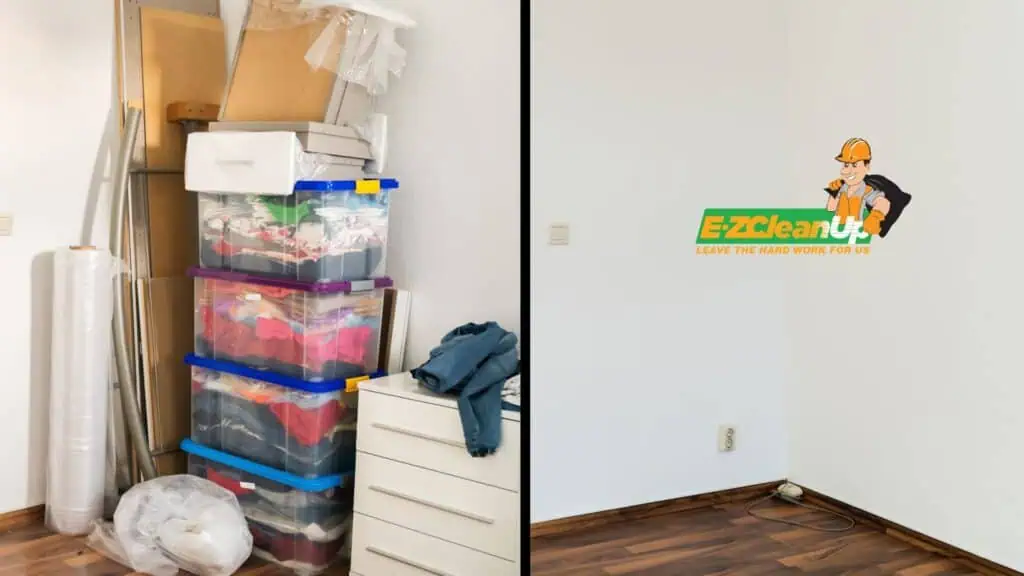
Handling Sentimental Items with Clear Rules
Managing sentimental items during decluttering can be tough emotionally. Setting clear rules for what to keep can simplify the process.
- Establish Clear Boundaries: Designate a specific area, like a shelf or box, for sentimental items. This limit helps you decide what’s truly important to keep.
- Set a Number Limit: Restrict the number of sentimental items you keep, such as only three items from a certain category. This forces you to choose only the most meaningful pieces.
Choose Based on Specific Criteria
- Emotional Value: Keep items that bring you joy or hold irreplaceable memories. Consider letting go of things that bring negative feelings.
- Usability and Display: Think about whether you can display or use the item regularly. If it’s stored away, it might not be worth keeping. Items that are part of everyday life or have practical uses are more likely to stay.
Consider Alternatives to Keeping Physical Items
- Digitize: For hard-to-part items, think about digitizing them. You can scan photos or create digital versions of keepsakes, which saves space while preserving memories.
- Repurpose: Transform sentimental items into something new, like making a quilt from old T-shirts or framing parts of a letter. This way, you keep the memories alive in a more useful form.
Managing the Disposal of Decluttered Items Responsibly
It’s important to dispose of decluttered items in an environmentally responsible way. This enhances your decluttering efforts and supports sustainability.
Explore Disposal Options
- Recycling: Check if household items can be recycled according to local rules. Specialized recycling options may be available for electronics, batteries, and appliances through programs like the U.S. Environmental Protection Agency’s Responsible Appliance Disposal (RAD) program.
- Donating: If items are still in good shape, donate them to local charities or community groups. This helps others and reduces waste.
Ways to Sell Unwanted Items
- Online Marketplaces: Use sites like eBay or Facebook Marketplace to sell items you don’t need. This clears your space while ensuring items are reused.
- Garage Sales: Participate in or organize garage sales to sell larger items locally without shipping hassles.
Special Considerations for Certain Items
- Junk Removal Services: For large items like furniture, consider using professional junk removal services that focus on recycling and donating, ensuring responsible disposal.
Responsible disposal methods extend the benefits of your decluttering efforts beyond just clearing space.
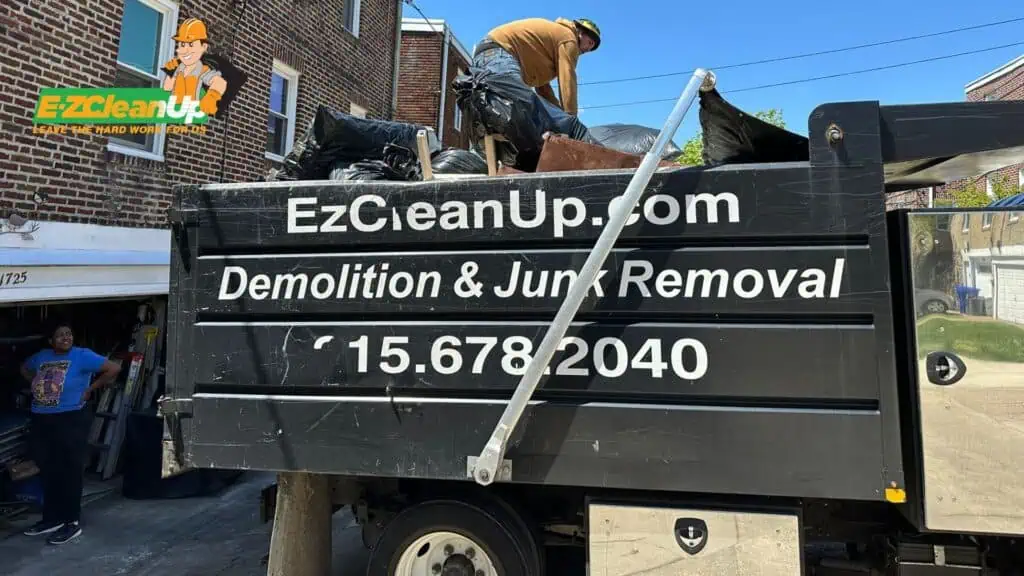
Decluttering Done Right
Successfully completing the 10-10-10 decluttering challenge can leave you with a significant amount of discardable items. EZ CleanUp specializes in responsibly removing and disposing of unwanted items.
If you’re looking for a seamless way to manage the disposal after your decluttering project, consider us as your go-to partner. Reach out to learn how we can assist with your clean-up needs!






